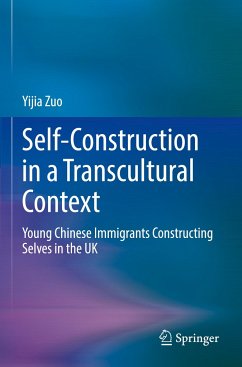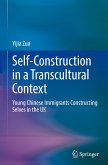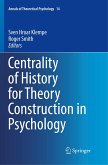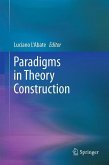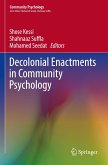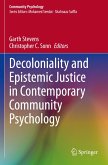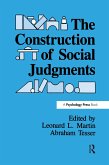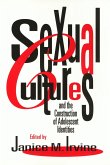This book explores the ways in which individuals construct and integrate self-positions in a transcultural context, by adopting a pluralist theoretical and methodological approach that includes both Western post-modern viewpoints and ancient Chinese philosophical ideas.
The book starts with stories of two second-generation Chinese young people and their mothers' life experiences in the UK, which can be seen as an epitome of individuals living in the modern and complex environment of the time. Using social constructionist viewpoints, it then analyzes the overt interaction between the individual and outside environment and interprets the recessive interaction, such as the individual's psychological response to the outside environment, which might be unknown to him or herself, using the psychodynamic approach based on object relations theory and other psychoanalytic concepts, such as defense mechanisms. The book uses Confucian philosophy to show how Chinese people think aboutthe relation between other people and themselves and also integrates different and even opposing theories and viewpoints from Taoist philosophy.
This creative book provides a theoretical and practical approach to explore the conception of "self" and the way in which individuals construct their self-positions in a complex context. Combining cutting-edge Western psycho-social viewpoints and ancient Chinese philosophy, it appeals to readers interested in "self," psycho-social approaches, psychoanalytic viewpoints and Chinese philosophy.
The book starts with stories of two second-generation Chinese young people and their mothers' life experiences in the UK, which can be seen as an epitome of individuals living in the modern and complex environment of the time. Using social constructionist viewpoints, it then analyzes the overt interaction between the individual and outside environment and interprets the recessive interaction, such as the individual's psychological response to the outside environment, which might be unknown to him or herself, using the psychodynamic approach based on object relations theory and other psychoanalytic concepts, such as defense mechanisms. The book uses Confucian philosophy to show how Chinese people think aboutthe relation between other people and themselves and also integrates different and even opposing theories and viewpoints from Taoist philosophy.
This creative book provides a theoretical and practical approach to explore the conception of "self" and the way in which individuals construct their self-positions in a complex context. Combining cutting-edge Western psycho-social viewpoints and ancient Chinese philosophy, it appeals to readers interested in "self," psycho-social approaches, psychoanalytic viewpoints and Chinese philosophy.

